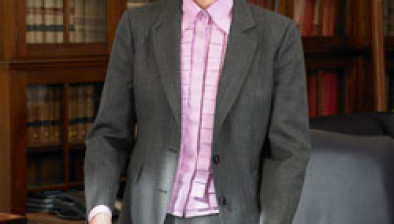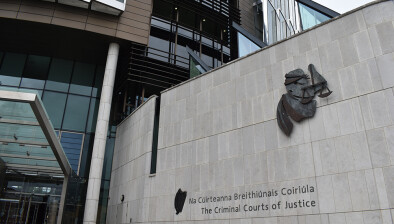Law Reform Commission calls for defamation law reform to protect court reporters

Séamus Woulfe SC
Ireland’s defamation laws should be reformed to protect court reporters, including amateur bloggers, from being sued for simple oversights and omissions, the Law Reform Commission has recommended.
Attorney General Séamus Woulfe SC will today launch the Commission’s new Report on Privilege for Reports of Court Proceedings under the Defamation Act 2009.
The report was requested over three years ago by then Attorney General Máire Whelan SC, who had warned publicly of a “chilling” effect on court reporters.
At present, section 17 of the Defamation Act 2009 provides for an absolute privilege defence – a complete immunity from being sued for defamation – where the case is about a “fair and accurate” report of court proceedings by any court in Ireland or Northern Ireland, or certain international courts such as the Court of Justice of the European Union (CJEU).
The Commission has recommended that the 2009 Act be amended to include a non-exhaustive list of factors about what constitutes a “fair and accurate” report of court proceedings.
The non-exhaustive list of factors proposed by the Commission are derived from the High Court’s 2016 ruling in Philpott v Irish Examiner Ltd.
The current defences to defamation claims that apply to fair and accurate reports of court proceedings are not limited to reports by professional journalists but also apply to reports by others, such as bloggers and those posting on social media.
The Commission’s review of relevant constitutional and international standards concerning freedom of expression strongly supports the current position, and the Commission therefore recommends that the scope of persons to whom the current defence for a “fair and accurate” report should be retained, and that it should therefore continue to apply to professional journalists and also to reports by others, such as bloggers.
On social media, the Commission said it “accepts that there is a legitimate case to be made for restrictions on social media postings to protect the integrity of an ongoing trial process”.
Under a new practice direction issued last year, only lawyers, professional journalists and professional legal commentators are allowed to text and tweet from court.
In its report, the Commission said it considered that the practice direction could be clarified so that the definition of a professional legal commentator “aligns with the case law on the role of certain bloggers and other social media commentators”, but said it would not make any specific recommendation “in view of the complexity of this area”.









